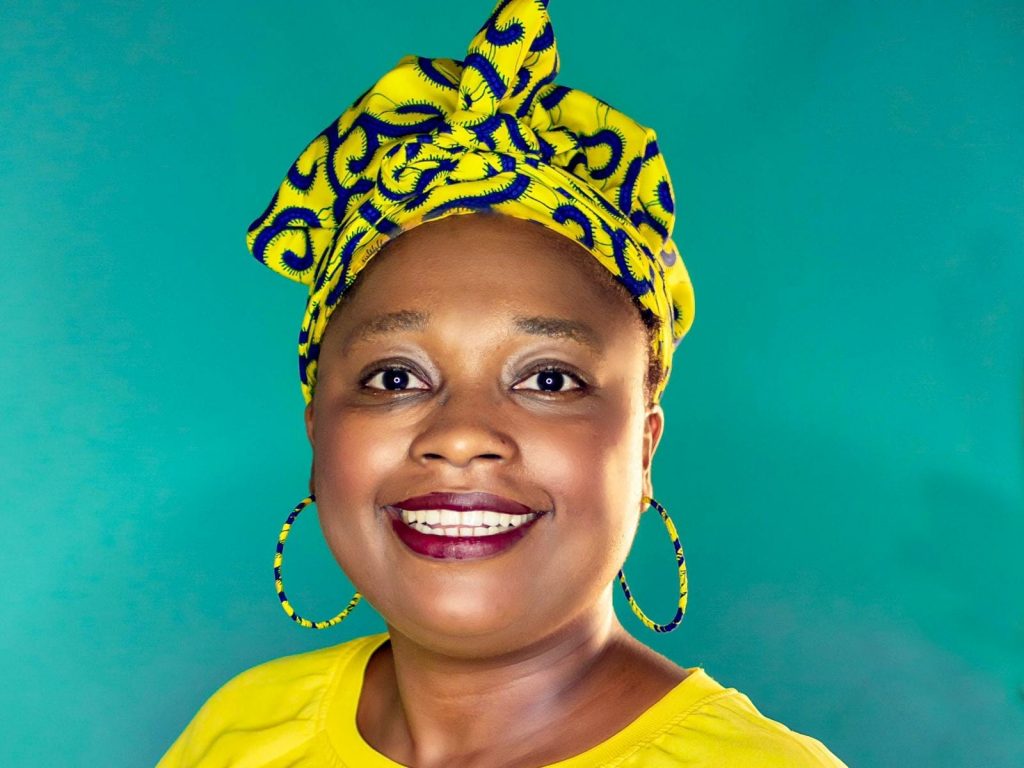- Nelly Chatue-Diop is the CEO and a cofounder of the investing platform Ejara.
- Ejara announced a $2 million funding round last year led by CoinShares Ventures and Anthemis Group.
- This article is part of "Master Your Crypto," a series from Insider helping investors improve their skills in and knowledge of cryptocurrency.
Despite a growing middle class in Francophone Africa, Nelly Chatue-Diop says cryptocurrencies are still reserved for a few wealthy people who want to diversify their portfolios.
Raised in Douala, Cameroon, Chatue-Diop said she took this as an opportunity to try to "level the playing field" for the region that uses the CFA franc and spans 14 countries, including the Ivory Coast and Senegal. Noticing a disparity, she said she wanted to bridge the "huge gap" by starting the investing platform Ejara, which allows users to dip into crypto and hedge against currency devaluations and other downturns.
"That's the problem we want to solve," CEO Chatue-Diop told Insider in an interview. "We want to give people alternatives and democratize access to investing and saving."
Starting Ejara
Founded last year, Ejara offers financial services like interest-bearing savings accounts, buying and trading major cryptocurrencies such as bitcoin and ethereum, and, later this year, the option to invest in fractionalized local and international stocks. The early-stage Web3 startup also advertises educational programs via the Ejara School and a noncustodial wallet so that users can store their funds. Comparable to an early-stage Robinhood, Ejara separates itself from competing platforms by guiding users through their investments step-by-step, as well as tailoring its services to the CFA franc zone.
Ejara has also lowered the barrier of entry to investing in the region, Chatue-Diop, also a cofounder of the platform, said. Users can deposit on the startup's platform with as little as 1,000 CFA francs, or roughly $1.56.
The company started with a zero-dollar marketing budget, according to Chatue-Diop. While other companies were allocating large sums to social-media advertisements, Ejara found success "going door-to-door, speaking to communities in churches and universities, and onboarding users that way," she said.
"It's really great when you found a company, and you are sitting where your userbase is," she said, adding that the startup had racked up 50,000 users in less than two years. People have been using Ejara's services, Chatue-Diop said, for both wealth management and general payment services. About 40% of Ejara's user base is female, the exec said, with many being mothers creating accounts for their children to begin investing early — a striking percentage given how male-dominated the Web3 user base tends to be.
Last year, Ejara announced a $2 million funding round led by CoinShares Ventures and Anthemis Group. Other backers were Lateral Capital, Mercy Corps Ventures, LoftyInc Capital, and NetX Fund, along with participation from Blockworks' Jason Yanowitz and Ledger's Pascal Gauthier.
Before Ejara
Chatue-Diop has always been passionate about the "most innovative thing in tech," she said.
After early stints at Accenture and Credit Suisse, she held high-level executive roles at a couple of artificial-intelligence startups. In 2015, she said she read bitcoin's white paper and what "really stuck in her mind" was the idea that crypto was "censorship-resistant" — as in, nobody centrally owns its network.
Less than 30% of the population in the Ivory Coast, Mali, Cameroon, and Senegal has a bank account, according to the World Bank, but about 55% of those people own a mobile phone. This positions CFA franc regions as a unique market fit for further crypto and blockchain adoption, the Ejara investor Mercy Corps Ventures said.
In certain regions throughout Africa, Chatue-Diop said, women struggle to secure land rights and cannot own property. This, along with low rates of financial inclusion, prevents many from finding a way to diversify their earnings. Chatue-Diop told TechCrunch that growing up, she experienced a pivotal moment when the CFA franc was devalued, which sent her family and millions of others into financial ruin.
"This is the first apolitical money where people can really get access to the world economy," she said, adding that crypto allowed investors to own assets without concern of a government influencing its usage. For example, if you use Ejara to buy bitcoin, you can hold the asset via a noncustodial wallet, curbing risks of geopolitical influence over its value.
The next step for Ejara, Chatue-Diop said, is to onboard 10 million users to its platform by 2025.
"We want to demystify blockchain and crypto," she said. "Let's make sure that customers don't feel like it's too complicated because we think it's for everyone."
This article is intended to provide generalized information designed to educate a broad segment of the public; it does not give personalized investment, legal, or other business and professional advice. Before taking any action, you should always consult with your own financial, legal, tax, investment, or other professional for advice on matters that affect you and/or your business.

